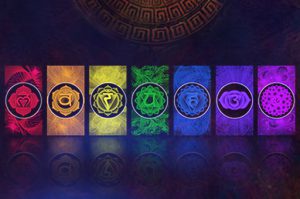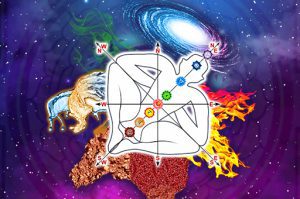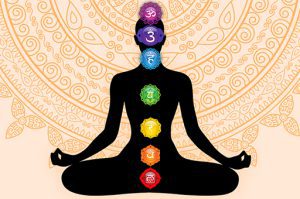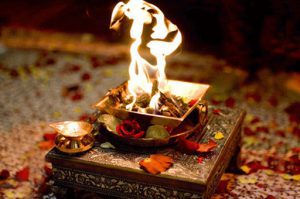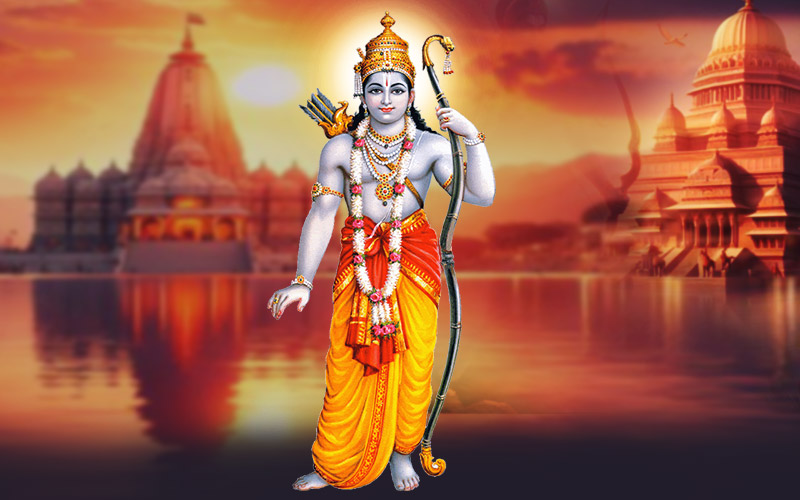Why Good people Suffer the Most?
Goodness, compassion, kindness, patience, altruism, contentment, generosity and sincerity are qualities of the soul. Due to the dual nature of life, there will be people who are connected to their souls and those who are not; these are the good and bad individuals. Spiritually however, it is accepted that bad things happen to good people. Why is this so? Looking deeper, we’ll see how suffering has its own meaning in life and most importantly, why those who are good persons have a sort of destiny to suffer more than those who are not.
Difference in nature between the Good and the Bad

A good person remains good in all circumstances because he holds his goodness close to the heart and believes that failing in righteousness is the greatest loss that could befall him. A bad person wants to fulfill his ambitions, desires, and priorities at any cost, which would include hurting others or resorting to wrong ways or taking shortcuts. Problems arise for both good and bad people, but the former increase their goodness with them whereas the latter increase their badness with them. Good people do not sacrifice themselves for temporary satisfaction and hence they suffer, while bad people are not connected to themselves, but live outwardly for their sensory accomplishments and hence don’t suffer. Although it may appear on the surface that evildoers are thriving, actually they are compromising their values. As widely said: “If you don’t stand for something, you’ll fall for everything”.
Achieving the eternal Quality of Goodness

In Sanskrit, the word ‘sadhu’ signifies a good person. Sadhu comes from the word ‘saadh’, which means to accomplish. As the story goes, once a sadhu who was bathing in the river, saw a scorpion drowning. The Sadhu was repeatedly stung by the insect, but he persisted in rescuing it and in time placed it beneath a shady tree. On seeing this, a witness, asked the sadhu, “Why did you do that?” He replied, “The insect did not give up its nature, so why should I?”. So a good person does not believe in “tit for tat”, but believes in upholding one’s nature despite the difficulties.
Story of Samudra Manthan

This story shows how good people must consume the poison or suffering that comes forth as a result of the churning or problems that are encountered in life. When the Devas and their archenemy, the Asuras, had to churn the ocean to obtain Amrit, the elixir of immortality, Samudra Manthan occurred. This would aid the Devas to regain their powers they had lost because the Asuras drove them from their kingdom. Mount Mandara was used as the churning rod which signifies stability and solidity and the ocean signifies the emotions whilst the snake Vasuki that was the churning rope signifies the fears. Vishnu in turtle form kept the mountain afloat with His energy of preservation. Many divine treasures came out of the churning which were divided between both Devas and Asuras. While the Devas took Laxmi, the goddess of fertility and fortune, the Asuras took Alaxmi who is the goddess of calamity, discord and misfortune. After that, a lethal poison known as ‘Halahala’ emerged and it was only Lord Shiva, Mahadeva, the greatest amongst the Devas who could consume it without being affected by it. His spouse, the goddess Parvati, halted it in his throat, and the devas danced and played music to keep him awake throughout the night. As he transmuted the poison his throat
turned blue. The Devas got the Amrita (the nectar) and they became immortal.
This story conveys that the suffering comes to the Devas (good people) as their higher self (Mahadeva) alone can take it with His unchanging quality of goodness. Consequently, only Devas attain immortality and are remembered after death for what they contributed to the world, who they were, or the qualities they represented. This story shows that the ultimate victory belongs to the good people and is the victory of eternalness. The bad could temporarily snatch away what rightfully belongs to the good but the final victory of enlightenment is reserved for the good ones.
Lord Kartikeya’s Lesson

“Satyameva Jayate” means Truth alone shall win! This is Kartikeya’s war cry. He is born to eradicate human suffering in a world ruled by the demon Tarakasura which symbolizes the cause of the suffering which is entanglement to the senses. In the end, it is the senses that entrap individuals in the material objects of the outside world. The tempered and smiling young god removes suffering from life by giving one mastery over his senses. His vehicle is the peacock symbolising that one has to tame his pride of being endowed with something. He leads one to perfection by helping one win over the wars of this world by connecting with the truth or the highest good.
Godliness comes from Goodness

Once Swami Vivekananda asked his guru Ramkrishna Paramhansa, “Why do good people always suffer?” Paramhansa replied, “Diamonds cannot be polished without friction. Gold cannot be purified without fire. Likewise, good-natured people experience trials, but they are not necessarily required to suffer. By experiencing this their life becomes better, not bitter.” He further stated, “Experience is a hard teacher. It gives the test first, and the lessons afterwards.”

The story of the playful Lord Krishna who was born to jailed parents and then raised by foster parents and who faced repeated attempts to his life because of his greedy uncle, shows joy being born amidst times of turbulence. He danced on the snake kalia and lifted the gverdhan mountain on his little finger to save the villagers. He sided with the righteous Pandavas in the battle while the Kauravas who were their evil brothers outnumbered them in the size of force and power. Eventually the Pandavas won the war despite the Kauravas trying their best efforts to steal what was theirs and deceive them and destroy them, and ultimately the Gita, the song of the God came into being.

Lord Rama’s story was full of trials and sufferings too. He was sent to exile due to selfish intentions of his stepmother. During this time, he fought battle with Ravana to rescue his wife. When he returned, he again had to send his wife, Sita, back to the jungle to live his role of being a king and ruled his kingdom for a very long time with it being called Ram Rajya. Lord Jesus was hung on a cross because he was considered a threat by the evil doers. Guru Gobind Singh lost his 4 sons in the battle against the Mughal Government. Nevertheless, on the next day of the war, he got up in the morning and dressed up and offered his prayers to the almighty God and spoke about how a person should be a Saint as well as a Soldier.
Conclusion

Good people suffer more than bad people because goodness has to established in them. Suffering becomes an opportunity for them to clear out their karmic baggage and uncover their shiny light of beingness. Since goodness is intrinsic to the soul, it is only the good people who can be sane and stable regardless of situations around them as the goodness gives them the power of the soul to be unmoved by the happenings around. And thus, they endure the sufferings with equanimity. On the other hand, a bad and wicked person becomes eviler with suffering, and henceforth life allocates suffering to good souls, because they are powerful enough to thoroughly sort out these challenges in such an evolved way that they can attain God or union with their higher selves, which is the ultimate purpose of life.
To know more about the lessons of the seven Chakras, watch these workshops: https://www.youtube.com/user/rudracentre


